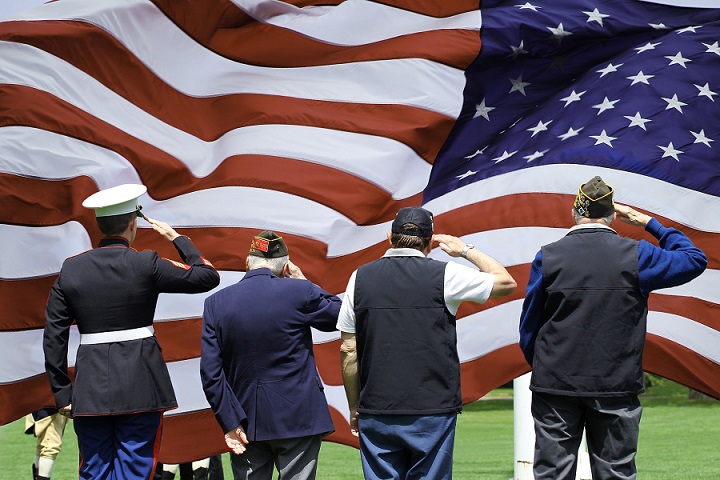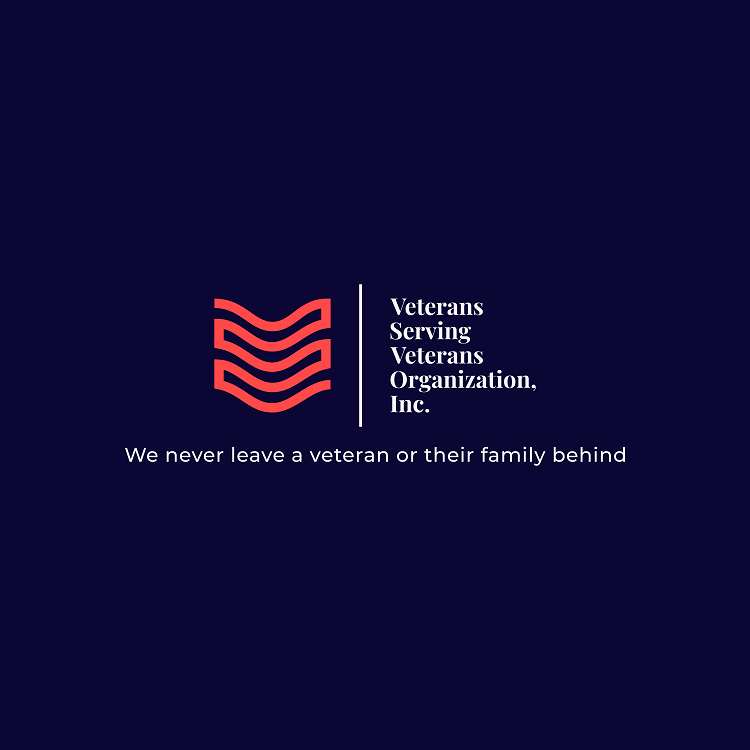
In 2020, the COVID-19 pandemic caused widespread financial hardship that continues to affect many American families some 18 months later. However, despite the global pandemic, charitable giving has continued to grow for the eighth consecutive year. Brian Stepp, co-founder of the veteran non-profit Veterans Serving Veterans Organization, Inc., is grateful to the many Americans who continue to donate during this time and hopes to share donation tips for the families considering donating in the upcoming weeks. Within this blog, Brian Stepp will discuss the items most often overlooked during family donation selection and why these items are in high demand.
Toiletries and Hygiene Products
When coming up with a list of items to donate, many families often forget to include toiletries and hygiene products. Hygiene products are a necessity and often too expensive for families in need. Shampoo, conditioner, soaps, deodorants, towels, feminine hygiene products, toothbrushes, and toothpaste are all high priority items for many charities as they are always in demand. When buying certain items like toothpaste, Brian Stepp asks families to consider purchasing products for people with sensitive teeth, as many low-income individuals cannot afford to go to the dentist and may have special dental needs. If the item comes in different sizes, consider purchasing the smaller size for donations as families with no permanent home will find these items are easier to transport.
Gently Used Bikes
One of the things most struggling families need is reliable transportation. Cars are quite expensive and require money for gas, repairs, inspections, and insurance. For this reason, many families rely on bikes as an inexpensive way to get to work, grocery stores, and other appointments. If you have a bike in storage that remains in relatively good condition that your family is no longer using, please consider donating it as many families could use this bike as their primary source of transportation. Additionally, if you or a loved one have an extra bike lock, this can be of great use to donation centers and charities.
Diapers
According to the National Diaper Bank Network, the average baby goes through eight to twelve diapers which costs between 70-80 dollars a month or 900 per year. For widowed mothers and young families, this expense can prove quite challenging for a tight budget. Unfortunately, diapers are also one of the items that charities receive the least, although many families rely on donations for childcare items.
Suitcases and Reusable Bags
One of the daily struggles for low-income families is transporting their possessions on a weekly basis. Those without a permanent residence must often transport their household items to new locations, sometimes more than five times a month. Old suitcases and reusable bags can be a significant help for families on the move, especially for families with young children.


